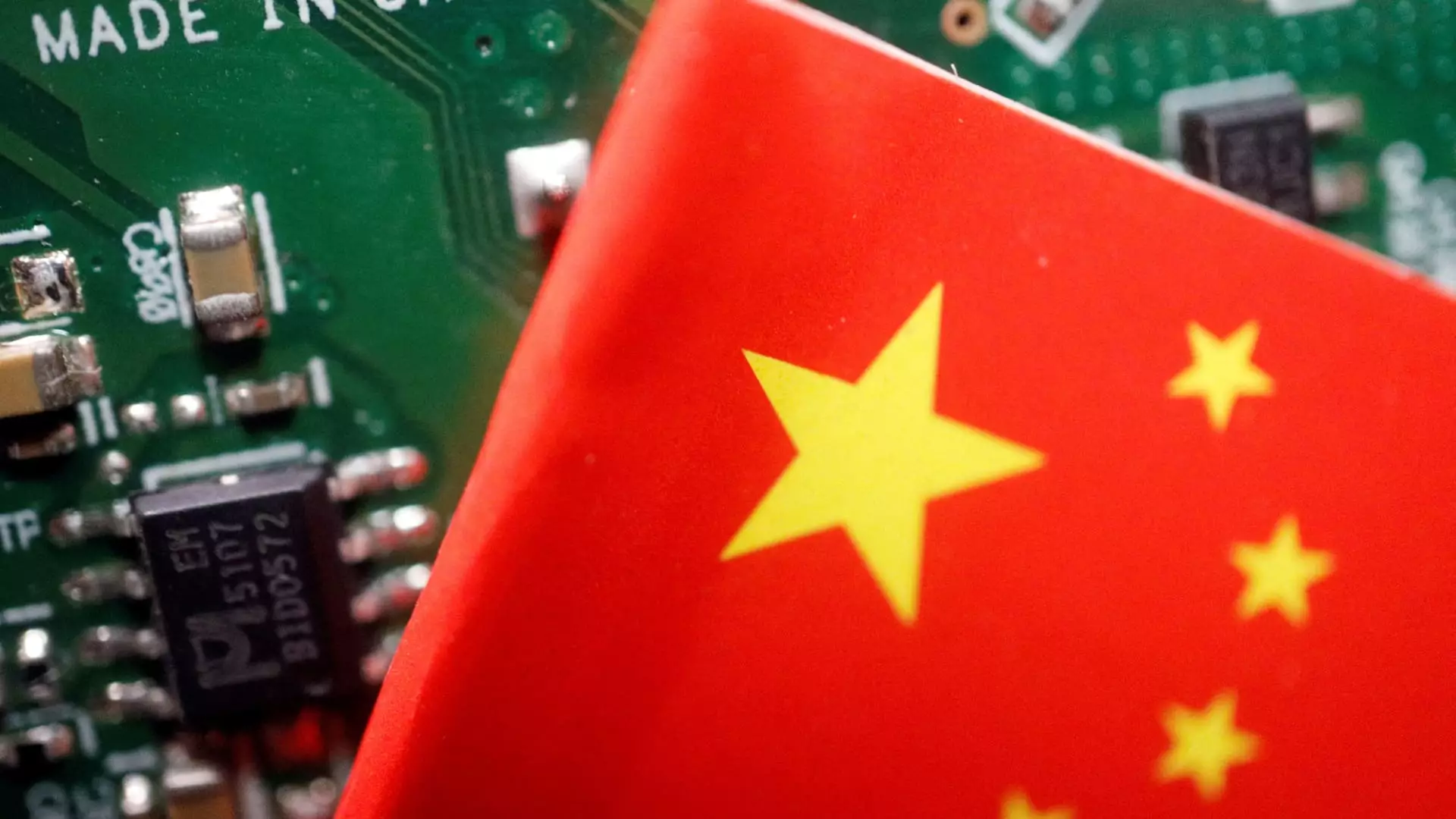The semiconductor industry, a cornerstone of modern technology, has been facing unprecedented challenges and scrutiny due to geopolitical tensions, especially between the United States and China. Recently, a new wave of U.S. export controls targeting China’s semiconductor capabilities has surfaced, but interestingly, chip stocks outside of China, particularly in Asia, appear to have weathered the storm with remarkable resilience. This article delves into the implications of the latest restrictions and the reactions of key players in the Asian semiconductor market.
The U.S. government has escalated its efforts to limit high-end semiconductor technologies accessible to China, which has significant implications for national security considerations. The Biden administration’s latest directives entail restrictions on the sale of advanced semiconductor chips and manufacturing technology to 140 new companies, particularly those in China. These measures are intended to obstruct the growth of China’s semiconductor production capabilities, which the U.S. believes could be leveraged for military advancement.
Despite this adverse strategy from Washington, Asian semiconductor stocks managed to rebound. Taiwan Semiconductor Manufacturing Company (TSMC), the pre-eminent contract chip supplier globally, reported an increase of 2.4% in their share prices. This uptrend is indicative of the broader strength in Asian markets and suggests that investors may view these companies as insulated from the immediate fallout of U.S. actions.
Japanese firms were notably buoyant, showcasing a collective optimistic response to the market shifts instigated by U.S. policy. Companies such as Tokyo Electron, Lasertec, Advantest, and Renesas Electric reported notable gains, with increases ranging from 2.2% to 6.7%. This rise reflects not only a reaction to the U.S. export controls but also suggests a robust long-term outlook among investors for the Japanese semiconductor sector.
Furthermore, Softbank, which has significant ownership in British chip designer Arm, also experienced a share increase of 3.6%. This signals investor confidence in Softbank’s strategic position in the global semiconductor landscape, particularly in light of the competitive advantages offered by partnerships with leading technology companies. The performance of these stocks is a testament to Japan’s positioning as a crucial player in the semiconductor supply chain.
South Korean Manufacturers Maintain Growth
Moreover, South Korean semiconductor giants SK Hynix and Samsung saw their shares grow as well, albeit modestly, by 1.8% and 0.9% respectively. Portfolio manager Derrick Irwin from Allspring Global Investments noted that while the sales of high-bandwidth memory chips to China would be impacted by recent regulations, the overall effect may be limited. He argued that these companies might pivot their focus to U.S. markets and other regions, potentially mitigating revenue losses stemming from restrictions on China.
This proves to be an essential insight into the strategies employed by major South Korean firms. Although export curbs present challenges, they also represent opportunities for these firms to innovate and cater to alternative markets, allowing them to remain competitive in the face of globe-spanning tensions.
Conversely, the reaction from Chinese companies included declines among certain semiconductor firms, with Naura Technology Group and ACM Research experiencing losses. However, the mixed reactions also indicate that some companies, like Piotech, managed to record gains against the backdrop of market volatility. The largest Chinese semiconductor manufacturer, Semiconductor Manufacturing International Corporation (SMIC), fell by 1.5%, signaling vulnerabilities within the Chinese semiconductor ecosystem amid heightened scrutiny and export bans.
U.S. Secretary of Commerce Gina Raimondo articulated the rationale behind the restrictions, underscoring a strategic aim to limit China’s self-sufficiency in advanced tech production. As export controls expand to encompass not just companies but also essential manufacturing equipment and software tools, the long-term implications for the global semiconductor supply chain remain to be fully realized.
While U.S. export restrictions pose notable risks for the semiconductor sector, Asian chip stocks have shown a remarkable capacity to not only withstand immediate shocks but to thrive amidst uncertainty. The robust performances of TSMC, Japanese firms, and even South Korean companies underscore a complex interplay of resilience and adaptability in the face of geopolitical shifts. However, as the global semiconductor landscape continues to evolve, it remains essential for these firms to navigate potential challenges while seizing opportunities in alternative markets. With the stakes high, the future will undoubtedly reveal how effectively these companies can position themselves within an increasingly competitive and politically charged industry.


Leave a Reply